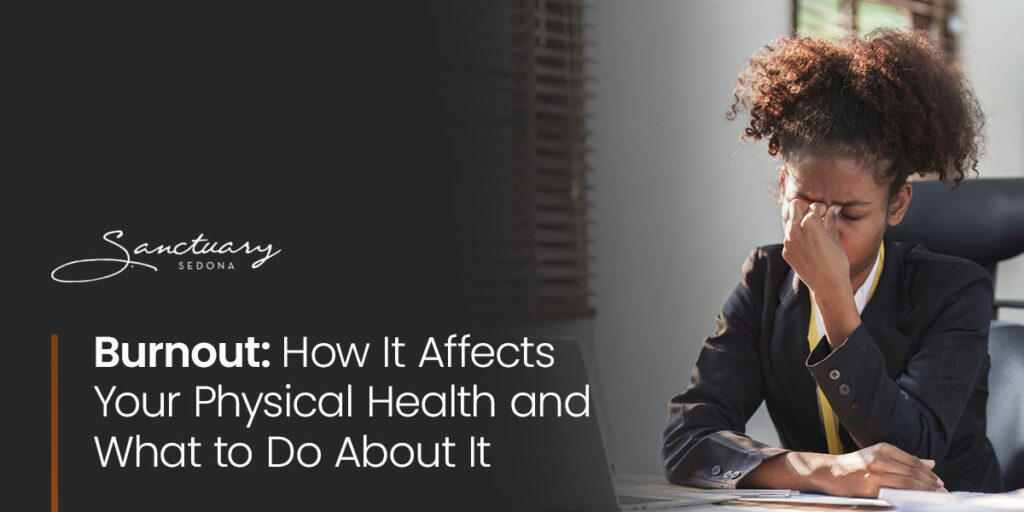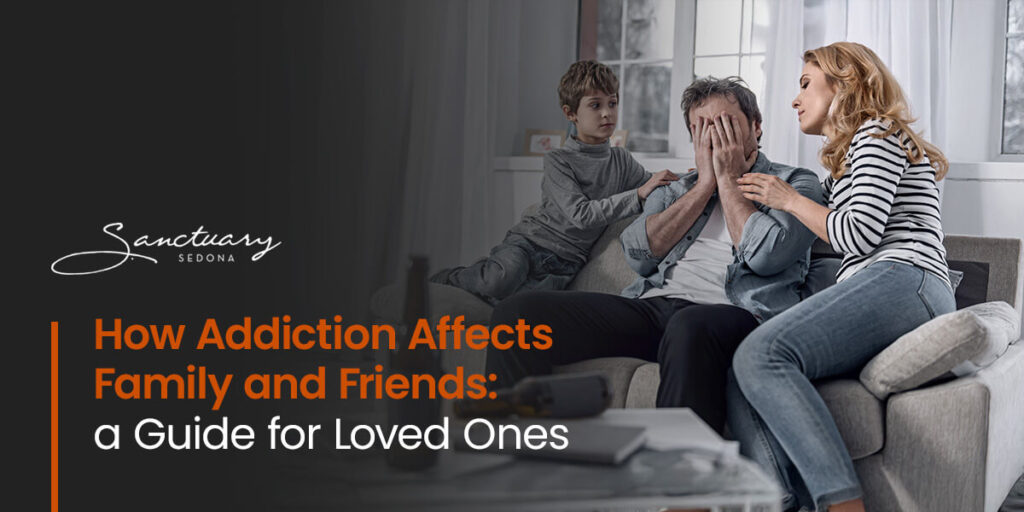Is Aftercare necessary following a 30-day residential treatment program? Yes. People need to feel supported as they reenter the pressures and responsibilities of their daily life once they leave the structure and safety of a residential program. Look at it as your recovery insurance policy. You just spent time, money, and energy in your recovery, so why not minimize your risk of relapse with Aftercare?
What Is Aftercare Treatment?
An aftercare treatment program provides continued support after rehab. These programs help you maintain your daily self-care practices and transition into a new lifestyle by providing the crucial tools, like life skills for adults in recovery, and the support you need to sustain the new habits you’ve learned in rehab. Aftercare treatment provides support so you don’t feel lonely and disconnected on your journey to wholeness.
Programs like these are critical, whether it is for addiction, depression, anxiety, or trauma recovery. Epigenetic changes and neuroplasticity require reinforcement and continued support beyond a residential recovery experience so you can see long-lasting changes in your life. Reinforcing what you’ve learned during recovery strengthens the newly formed connections between neurons, enabling you to retain the information you’ve learned and build new skills.
Aftercare Transition Planning and execution is vital to any recovery and healing program. However, it is imperative to have an ongoing strategy for sustained health, wellness, and recovery.
To help you adjust to a new way of life, aftercare treatment would usually include:
- Therapy sessions
- Group meetings
- Workshops
Managing your day-to-day life and handling relationships and challenges that come your way can be a lot to bear on your own. Many people acknowledge feeling isolated and demotivated on their journey to wholeness. The Sanctuary’s unique aftercare options can give you the support you need, whether you are looking for an aftercare plan for substance abuse or trauma recovery.
The Sanctuary’s At- Home Aftercare Program
While many programs have a limited approach to aftercare, such as ongoing medication management, therapy or daily 12-step meetings while working with a sponsor or sober living/IOP or PHP, we recognize that some people may not resonate with all or some of these modalities, and for most people, additional support and care are needed.The real support needed is when you get back home and your old life creeps back in. This may be potential unresolved family or work conflicts, triggers, old patterns, cravings or even feelings of overwhelm.
People have a profound experience during their 30-day stay at the Sanctuary. They leave feeling hopeful, healthy, inspired, optimistic and with many of their issues resolved. They have healed their bodies, repaired their brains and recovered their souls.
We have designed our aftercare program based on our holistic model and know that a person’s continued recovery is as unique as they are, and must be designed with this as a primary focus. People also need to feel inspired and hopeful about their future. Being recovered is about creating a life in alignment with authentic self and core values rather than living a life of symptom management and being defined by past trauma, anxiety, depression or addiction.
The Sanctuary’s Comprehensive At Home Aftercare Program includes the following:
- Each client receives a dedicated Aftercare counselor who was on your treatment team while at the Sanctuary who you have already developed a strong relationship with. They know what your strengths and potential challenges and can help you integrate your recovery back home.
- Weekly Group Process Therapy sessions with clients you went through the program with. This group helps support with the everyday challenges of reintegrating into your life, the pressures, responsibilities, and triggers that are inevitable.
- Weekly alumni weekend support calls and Sunday activities: The Sanctuary is more than a treatment center. We are a community. We have a vibrant and supportive alumni group that gets together every Sunday to participate in on-campus activities and enjoy a meal. One of our staff members also hosts an alumni Zoom meeting every Saturday. We have alums from 10 years ago and from 10 days ago all sharing experiences and supporting one another.
- Alumni retreats: The Sanctuary’s alumni retreats offer the rare opportunity to meet like-minded people dedicated to wholeness and healing. During our retreats, you can also participate in similar practices that we do in our residential 30-day program, and these retreats create a space for deep healing and connection.



